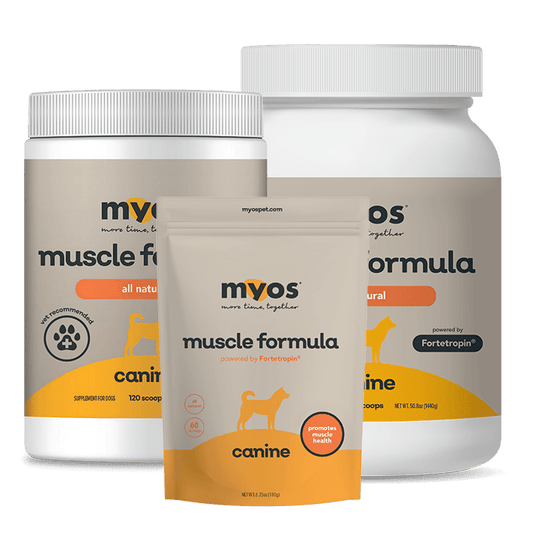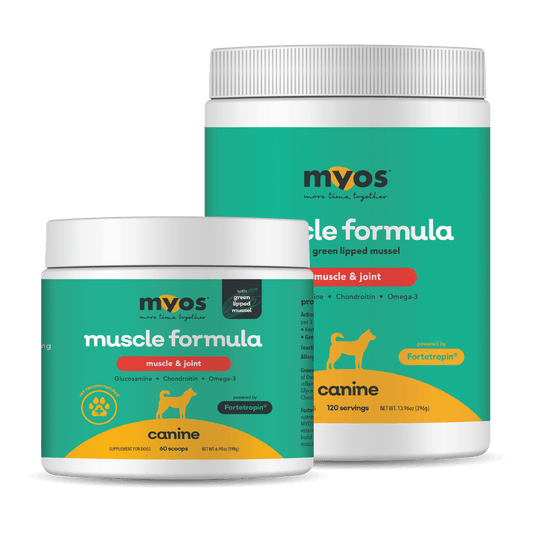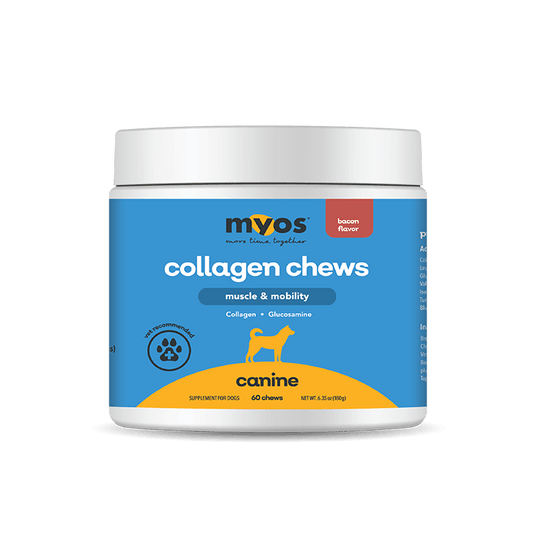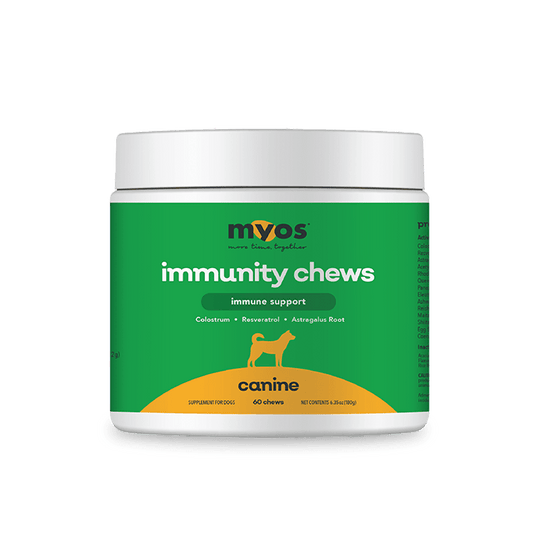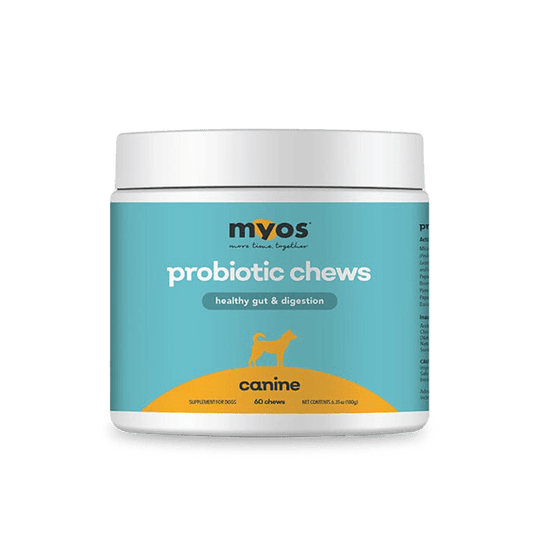
Have you noticed these symptoms in your dog lately?
- Limping
- Paw dragging
- Poor coordination
- An unbalanced gait
- Weight loss
- Flabby muscles
- Weakness in the rear limbs
- Is one leg noticeably thinner than the others?
- Is your dog crossing their legs when they stand or walk?
These are signs of muscle atrophy, the wasting away of your dog’s muscles, and it’s not uncommon. Muscle loss in dogs can happen to any breed, and is often seen in the legs, particularly the rear legs, but can also occur in other parts of the body.
Here are some of the most common reasons your dog may be losing muscle.
Decreased Activity
Simply not using their muscles can cause your dog to experience atrophy of muscles. Dogs that do not get much exercise or confined to small cages will not be able to develop muscle tone and their muscles will then atrophy from disuse.
Weight Gain
While weight gain is more probable in old age, today more veterinarians are seeing young dogs suffering from the nutritional disease known as pet obesity. Interestingly, obesity can cause them to start losing muscle mass.
The heavier the dog, the more likely they are to develop a multitude of illnesses and conditions, including muscle atrophy. Excessive weight can put a damper on your dog’s general mental and physical health as well as strain their joints, which could lead to more severe issues over time.
Illness
Any number of medical conditions—from hypothyroidism to arthritis to hip dysplasia—can also cause muscle atrophy in your dog. Schedule a visit with your veterinarian to determine what is causing the problem.
Natural Aging
An aging dog can experience weakness and loss of muscle tissue. This condition is called sarcopenia where muscle mass and muscle tone of the dog will inevitably wane.
This isn’t cause for worry. As your dog gets, older it's not uncommon to see progressing atrophy. The reality is muscle atrophy is a natural part of the aging process, but just because it's a natural part of growing old doesn't mean that you can’t do anything to help your dog.
As dogs age, their nutritional needs change and they are not able to process protein in the same way. Therefore, your dog may need a specialized diet to help them maintain muscle mass.
Countless positive testimonials, as well as scientific research, show that Myos Canine Muscle Formula® works, especially in minimizing muscle atrophy.
MYOS Canine Muscle Formula is fueled by Fortetropin®, a revolutionary ingredient made through a patented process that preserves the powerful and vital nutrients present in fertilized egg yolks.
If your dog is experiencing muscle loss, consult with your veterinarian about incorporating Myos Canine Muscle Formula into their nutrition plan.

